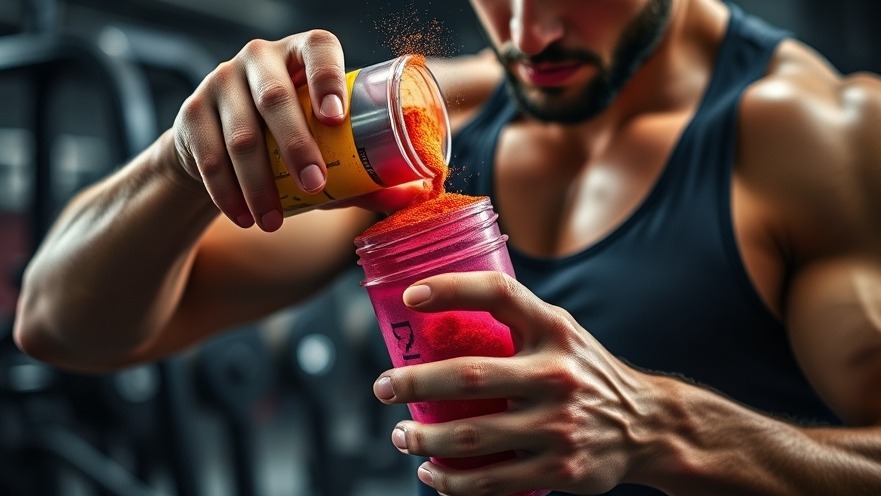
Understanding the Reality of Sports Nutrition Supplements
In a world overflowing with ads and promises, the sports nutrition market is booming, projected to reach a staggering value of $49.6 billion in 2024. With marketing tactics spiraling into over-the-top claims, it's no surprise that many consumers, especially athletes, find themselves baffled by the plethora of supplements available. This confusion is particularly prevalent among female athletes, who face unique challenges and misinformation. Let's demystify the complexities surrounding sports nutrition supplements and discover the truths that everyone should know.
Five Essential Truths About Supplements
Understanding that not all supplements are created equal is crucial. The efficacy of these products often varies widely, influenced by the brand and the specific formulation. Relying entirely on supplements rather than real food can also lead to nutritional deficiencies, jeopardizing athletic performance. It's vital to recognize that individual nutritional needs differ, and what works for one athlete may not work for another. Moreover, not everything published online can be trusted; individuals must be critical of the sources of their information. Finally, both the timing and dosage of supplements play a significant role in their effectiveness. Proper before-and-after workout nutrition can amplify benefits while preventing adversities.
Seeking Truth in a Sea of Misinformation
The internet has created a wildfire of misinformation regarding dietary supplements. Misleading advertisements may glamorize certain products, leading athletes to make choices based on unfounded claims rather than scientific evidence. A comprehensive understanding includes knowing that many commonly marketed supplements have little to no backing in rigorous scientific studies. Following expert opinions and research is crucial in making informed decisions about what to ingest.
The Health Risks of Misinformed Choices
A notable concern lies in the serious health risks presented by some supplements that promise miraculous results. Reports from the U.S. Food and Drug Administration (FDA) indicate that products may contain harmful ingredients or substances banned in competitive sports. For instance, bodybuilding products have been found to illegally contain steroids, often without clear labeling. This reveals a broader issue of regulation in the supplement industry, where consumers may unknowingly expose themselves to dangerous compounds.
The Case for Real Food Over Supplements
While supplements can be beneficial under certain circumstances, they should not replace a well-balanced diet. Most athletes gain sufficient nutrients from whole foods, which offer a wide array of vitamins, minerals, and esthetic benefits that supplements can’t provide. For athletes participating in high-endurance events, increasing food intake with the right balance of macronutrients and hydration will typically yield better results than relying solely on supplement powders and pills.
Trustworthy Resources for Supplement Use
For those who find a supplement useful, it’s crucial to seek products recognized for their safety and efficacy. Looking for third-party testing certifications, such as NSF Certified for Sport®, can help ensure that products meet strict manufacturing standards. Websites like ConsumerLab.com and the NSF offer reliable reviews and background checks on various brands, aiding consumers in making educated choices.
Building a Sustainable Nutrition Plan
Crafting a balanced nutrition plan is central to achieving athletic goals. Consulting with a qualified nutritionist or a healthcare provider can be a game-changer. They can help detail tailored dietary strategies that align with individual performance needs, especially for female athletes who may have specific nutritional gaps. A well-rounded plan nourishes the body and empowers athletes to perform effectively and recover properly.
The Takeaway: Knowledge is Power
Ultimately, understanding the truth about sports nutrition supplements is a step toward more informed, healthy living. Avoiding misinformation and focusing on science-backed nutritional strategies will help athletes optimize their performance better while ensuring their well-being. For Maryland residents interested in getting personalized assistance, consider scheduling a free consultation or checking out available resources that provide evidence-based nutrition guidance.
 Add Row
Add Row 
 Add Element
Add Element 


Write A Comment